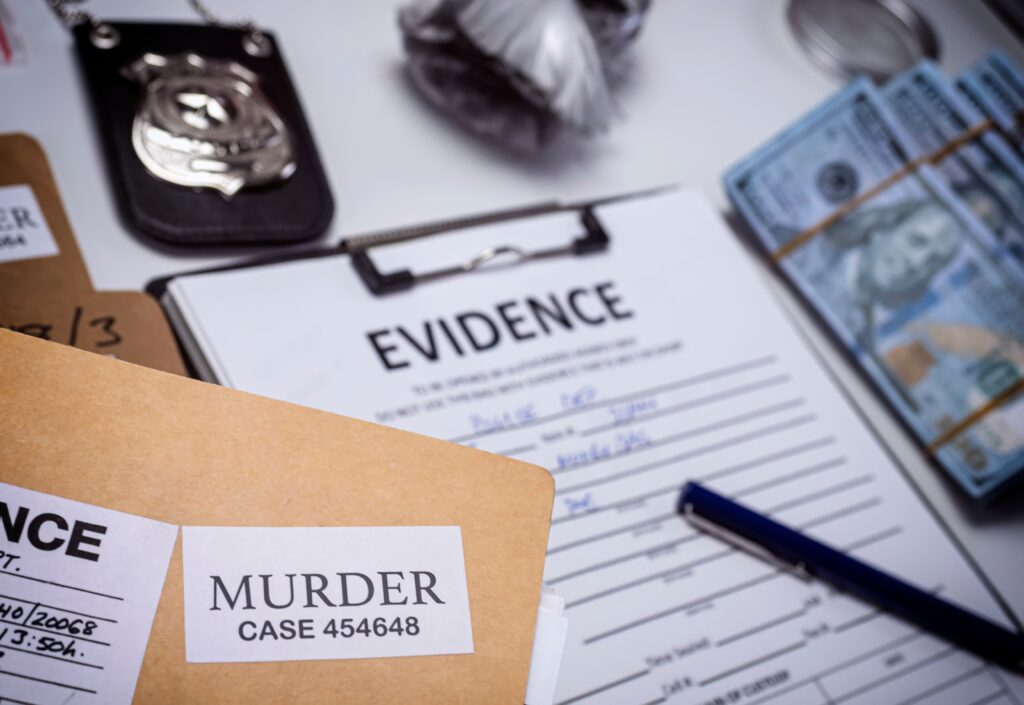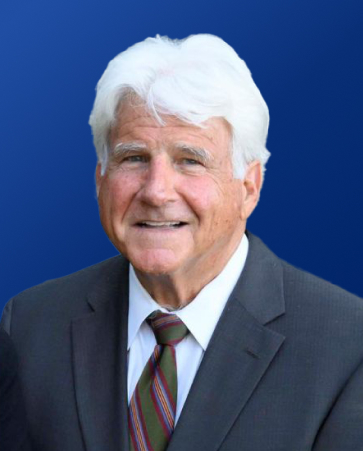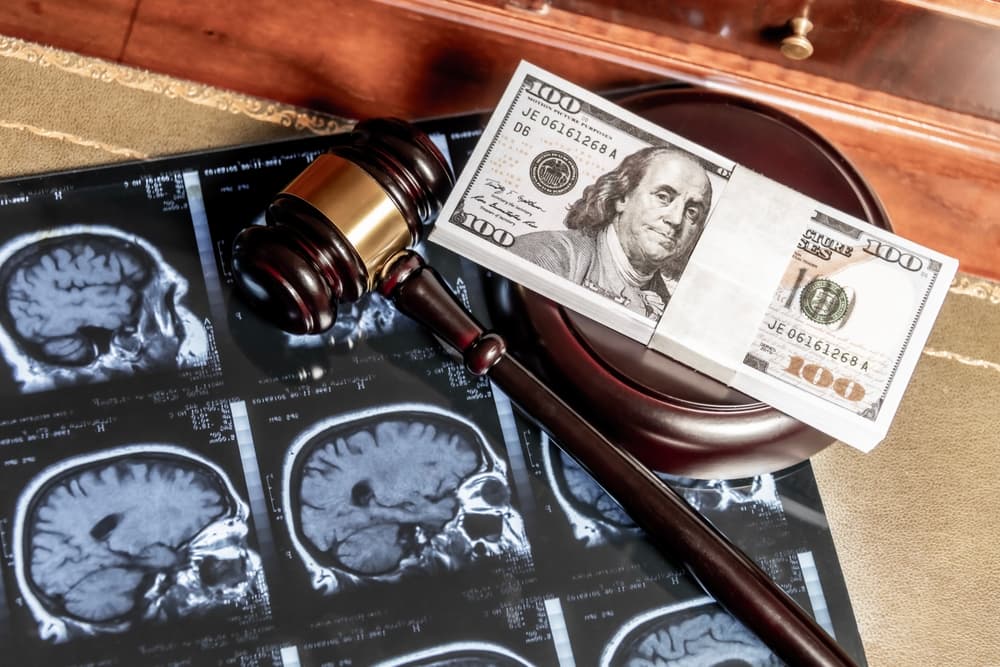Anyone involved in a personal injury lawsuit wants to know how long it will take, but the answer is not always as cut-and-dry as you might like. Some personal injury cases may take a handful of weeks to resolve, while others can take months, and others may last for a year or more. Many variables can affect the timeline for your case, but know that your San Jose personal injury lawyer will work to resolve your case as quickly as possible.
Completing a personal injury lawsuit may not be especially difficult. The more challenging goal is completing a personal injury lawsuit with the best possible financial outcome for you. This will be your attorney’s goal, and it can take some time to achieve it.
Reasons Why You Might File a Personal Injury Lawsuit
Personal injury lawyers represent clients who have suffered injuries, become ill, or lost a loved one because of someone else’s negligence. Negligence means that someone acts unreasonably, and this kind of unreasonable behavior often leads to direct, measurable harm.
Because the definition of negligence is fairly broad, personal injury lawyers represent clients in a broad range of case types, including:
- Slip and fall accidents
- Trip and fall accidents
- Workplace accidents
- Exposure to dangerous substances
- Car accidents
- Truck accidents
- Pedestrian accidents
- Motorcycle accidents
- Bus accidents
- Boating accidents
- Medical malpractice
- Defective product-related accidents
- Elder abuse (which often happens in nursing homes and assisted living facilities)
Personal injury lawyers also lead wrongful death cases. If you lost a loved one and your lawyer determines that the death resulted from someone’s (or some institution’s) negligence, they can file a wrongful death lawsuit for you.
The Negligence Test Can Determine If You Should Sue
Whenever a personal injury attorney evaluates a prospective case, they look for proof of negligence. An attorney knows that negligence has occurred if:

- The negligent party owed you a duty of care: A duty of care means that someone is obligated to act as a reasonable person would in the same circumstances. For example, a motorist with a duty of care must stop for red lights and obey the speed limit.
- The negligent party violated their duty of care: Anyone who has a duty of care but acts in an unreasonable manner is responsible for a violation of their duty. As an example, a motorist who runs a red light violates their duty of care to act reasonably.
- The violation of duty of care caused a harmful event: An attorney can connect the dots between a negligent party’s violation of a duty of care and a harmful event, such as a car accident.
- The harmful event caused the client to suffer damages: Your attorney may find that you have suffered several damages as a direct result of someone violating their duty of care.
When a motorist speeds and causes a collision, they are negligent. It is negligence when a doctor rushes a patient out of the office without investigating a symptom. There are countless examples of negligence, but non-lawyers do not always recognize when negligence has occurred—speak with a lawyer so they can explain in black-and-white terms whether you’re the victim of negligence.
What Determines How Long a Personal Injury Lawsuit May Take?
You will not know exactly how long your case will take until it is complete. Your lawyer may provide a realistic timeline, and they will certainly update you as your case moves forward.
While providing a definite timeline is not possible, variables that can affect the duration of your case include:
Whether You Even Need to File a Lawsuit
Many events that lead you to hire a personal injury lawyer can be solved through one or more insurance claims. Whether you can complete your case through the claims process may depend on:
- Whether those at fault for your losses are insured
- How much insurance coverage you are entitled to (and coverage limits on applicable policies)
- Whether insurance companies accept financial responsibility
- Whether insurance companies negotiate in good faith
Insurance does not always cover the full cost of events like car accidents, medical malpractice, and falls. However, your lawyer will lead any insurance claim you choose to file, and reaching an insurance settlement can reduce the time your case takes.
The Nature of Your Injuries
Sometimes, attorneys need to wait for their client to reach maximum medical improvement (MMI) before calculating their total medical costs (and certain other losses). MMI refers to the point when your health condition “is unlikely to improve substantially with or without medical treatment.”
For this reason, the timeline for your case can shift depending on:
- How many injuries you have suffered
- The type and number of symptoms you experience
- Whether any injuries are disabling
- The recovery timetable for each of your injuries
Your personal injury attorney will be in close contact with your doctors throughout the case. This will ensure that your lawyer can negotiate a settlement as soon as possible, whether that’s before or after you reach the point of MMI.
How Liable Parties Approach Settlement Negotiations

Based on the numbers, your case is overwhelmingly likely to settle. However, there is a reason why a significant number of personal injury lawsuits go to trial.
Your case may be more likely to go to trial (and take longer as a result) if liable parties:
- Claim you are at fault for the circumstances that have led you to sue
- Dispute your lawyer’s valuation of your losses
- Claim that you are seeking compensation for losses that are not covered
- Refuse to negotiate in good faith or adjust their initial settlement offer
You should hire a lawyer who has recovered many large settlements for their clients. This may increase the likelihood of receiving a fair settlement offer, even if it takes a few negotiating rounds to coax that offer from liable parties.
How Strong Your Case Is
Some personal injury cases are stronger than others. For instance, you may have an exceptionally strong car accident case if:
- There is clear video footage of an at-fault motorist rear-ending your vehicle
- Eyewitnesses support your account of the accident
- The at-fault motorist told a police officer they caused the accident
Insurance companies or other liable parties may be more likely to settle if the evidence is obviously in your favor. Not every case is so cut and dry, though. If fault is less obvious, liable parties may be more likely to fight your claim or lawsuit.
Whether Your Case Goes to Trial
Trial almost always extends the timeframe for a personal injury case. While the odds suggest your case won’t require a trial, there’s a possibility that it will.
Whether or not your case requires a trial may be one of the most significant variables determining how long the case takes to wrap up.
What You Can Do to Resolve Your Personal Injury Lawsuit ASAP
You have limited control over how long your case takes. There are simply too many factors outside your hands, and you should never accept an unfair settlement to conclude your case as soon as possible.
One step you can take to prioritize your case is to hire a lawyer. Working with a personal injury lawyer may eliminate unnecessary delays in your case because:
- Rather than having to spend their time recovering (like you do), your lawyer will put all their attention towards completing your case
- Attorneys have an entire team working on your case, and teamwork generally allows a case to move forward faster
- Lawyers have experience and legal training that will relate to your case, so they won’t waste time learning how to resolve a personal injury lawsuit
We get more efficient the more we do something. By this logic, an experienced personal injury lawyer should complete your case efficiently—certainly more efficiently than you can complete your case on your own.
Attorneys Use Their Resources to Complete Cases as Soon as Possible (Here’s How)
Your attorney will lead every step of your insurance claim or personal injury lawsuit. Your legal team will be aware that you want to move on with your life, and that they should resolve the case as quickly as possible (without sacrificing a fair financial result).
Your attorney will waste no time in:
Contacting Insurance Companies
You do not need to deal directly with insurers. Each time you correspond with an insurance company’s rep, you risk:
- Saying something, even indirectly, that suggests you’re at fault for your circumstances
- Being tempted to accept a lowball settlement offer, this is one of the most serious mistakes a claimant can make
- Being intentionally misled by the insurance representative
- Undermining your claim in other ways
Insurance companies are staffed by savvy professionals whose job, in many cases, is to save the company money. Allow your lawyer to handle all communications with insurance companies.
Securing Evidence (and Presenting It to Liable Parties)

Your personal injury lawyer will secure any evidence that relates to your case. This evidence will likely prove whose negligence caused your injury or illness.
Witness accounts, expert testimony, photos, and videos are among the many types of evidence that can be useful in a personal injury case.
Documenting Your Losses
Insurance companies and civil defense lawyers don’t typically offer payment unless they have to. This means your lawyer will need clear-cut proof of your recoverable damages, which may include:
- Medical bills
- Doctors’ notes, medical images, and other proof of your injuries and healthcare needs
- Income statements from before the event in question, which your lawyer can compare with income statements from after the event in question (thereby proving your lost income)
- A mental health expert’s testimony about your pain and suffering
- Invoices for any property-related expenses, such as vehicle repairs
Your economic and non-economic damages are equally important. Your lawyer will take great measures to document both categories of losses in as much detail as possible.
Determining the Value of a Fair Settlement (and Negotiating on Your Behalf)
Your lawyer will assign an exact monetary value to your damages. The sum of your damages will be your case value, and that is the amount your lawyer will seek from liable parties.
Handling Any Lawsuit and Trial You Pursue
Your personal injury attorney will use every opportunity to negotiate a fair settlement. However, some disputes can prevent settlements between claimants and insurance companies or plaintiffs and defendants.
If your legal team cannot reach an acceptable settlement with liable parties, trial may be the right next step. Your lawyer will have a frank conversation before initiating a trial, as going to court is a major decision.
Damages Often Involved in Personal Injury Lawsuits
Every personal injury lawsuit stands alone. Your recoverable damages will not be identical to any other claimant’s or plaintiff’s. For this reason, your lawyer will create a personalized record of your damages.
There are some common damages that arise in many personal injury cases, which include:
- Medical costs
- Professional losses
- Pain and suffering (and treatment such as counseling and medications)
- Property-related expenses, such as vehicle repairs
- Damages associated with disability, like medical equipment, home updates, and wheelchair-friendly vehicles
Personal injury attorneys treat their clients like the unique individuals they are. Your legal team will learn about your damages with the utmost respect for your privacy and pain. They will demand a settlement based on your damages and your damages alone.
What If I Choose Not to Hire a Personal Injury Lawyer?

Choosing not to hire a lawyer means placing your entire case on your own shoulders. This decision can cause:
- Stress
- Confusion
- A steep learning curve
- Physical symptoms (which may be linked to stress)
- Delays in recovery
The immense challenge of winning a personal injury lawsuit means you might not secure the compensation you deserve. Hire an experienced lawyer who knows what it takes to secure fair compensation for you.
Hire Your Personal Injury Lawyer as Soon as Possible
Filing deadlines are key concerns for victims of negligence. Ensure your lawyer can file your case on time by hiring your attorney as soon as possible.


